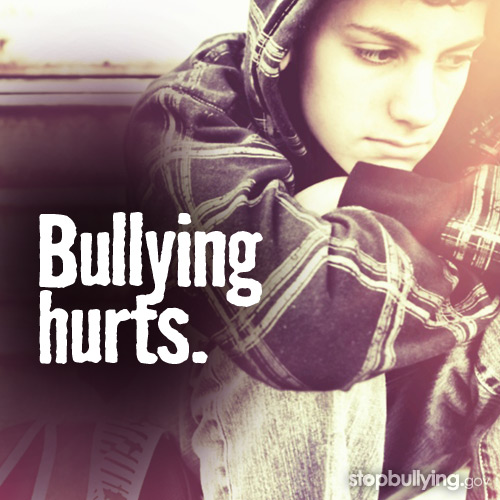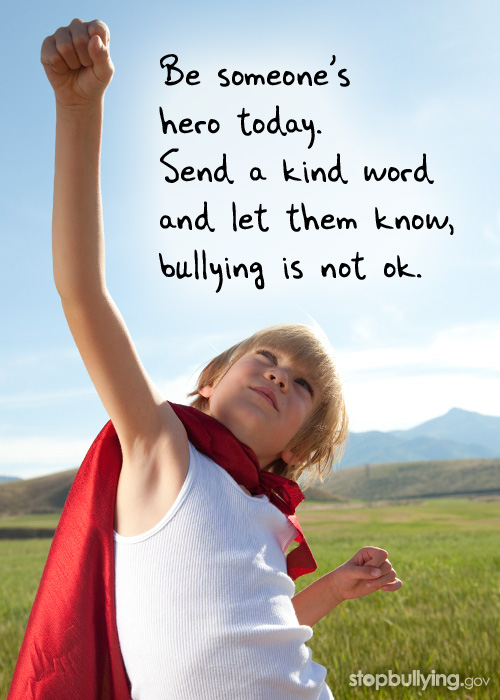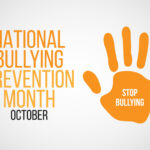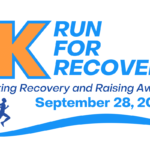What is Bullying?
Bullying is typically a form of repeated, persistent and aggressive behavior directed at an individual or individuals that is intended to cause (or should be known to cause) fear and distress and/or harm to another person's body, feelings, self-esteem, or reputation. Bullying occurs in a context where there is a real or perceived power imbalance.
Types of Bullying
Physical
This one’s easy to recognize. Examples include pushing, shoving, hitting, kicking, biting, hair pulling, inappropriate touching, breaking objects, and taking or damaging another’s possessions.
Verbal
It’s really common because it is quick, direct, and easy to do. Examples include teasing, name calling, threats, intimidation, demeaning jokes, rumors, gossip, and slander.
Sexual
This one is something that not everyone thinks of as bullying. It can include using words that demean someone about their gender or sexuality, inappropriate touching of body parts, unwelcome physical contact, or even posting inappropriate photos online.
Emotional
This type of bullying is more sophisticated and often done by a group. It hurts people on the inside and makes them feel bad about themselves. Examples include leaving someone out on purpose, telling lies to hurt another person’s reputation, and humiliating somebody publicly.
Cyberbullying
Using technology is the newest way to bully. Examples include sending mean text messages, posting videos, stories, or photos that ridicule someone, and spreading rumors through social networking sites.
Warning Signs
Some signs that may point to a bullying problem are:
- Unexplainable injuries
- Lost or destroyed clothing, books, electronics, or jewelry
- Frequent headaches or stomach aches, feeling sick or faking illness
- Changes in eating habits, like suddenly skipping meals or binge eating.
- Difficulty sleeping or frequent nightmares
- Declining grades, loss of interest in schoolwork, or not wanting to go to school
- Sudden loss of friends or avoidance of social situations
- Feelings of helplessness or decreased self esteem
- Self-destructive behaviors such as running away from home, harming themselves, or talking about suicide
Parental Involvement
Parents can be generally unaware of the extent of the bullying and victimization problems. For these reasons, you may be uncertain how to prevent bullying. You are one of the most important persons in the prevention of bullying. Become aware and work on the problem with your child and the school.
My Child is Being Bullied
Arrange a meeting for you and your child with the teacher and/or principal.
- Bring to the meeting the facts in writing (who, what, where, when, why, and how).
- Work with your child and school personnel on a plan that addresses what your child needs right now in order to feel safe, what he/she can do to avoid being bullied and to stand up to future bullying, and who he/she can go to for help.
- Be patient. The school might need some time to investigate and check on what has been said.
- If you are not aware of it, ask about the school's Code of Student Conduct or Code of Behavior.
- Arrange for a follow-up meeting or phone call.
My Child is Bullying Others
- Talk to your child. Don't blame. Stay calm and make it clear that bullying is NOT acceptable.
- Discuss with your child the negative impact that bullying has on the victim(s). Teach EMPATHY.
- Talk and listen to your child. Share information with his/her teacher(s) and school administration. Keep the lines of communication open between school and home.
- Be willing to attend any interviews with school to modify your child's behavior.
- Keep a written record (who, what, where, why, when, and how).
- Praise the efforts that your child makes toward non-violent and responsible behavior.
- Ensure a consistent approach for consequences between home and school.
- Consequences should be clear, age appropriate and logical, NOT punitive.
Visit the Virtual Save A Life Wellness Fair for more resources!
Related Posts
October at ASK
Every day, thousands of young people experience bullying from their peers at school, after school in their neighborhoods, and even when they are at home, through social media and texts. There are many ways to support bullying prevention as an individual or with friends, family, your school, or your entire community. What Parents Should Know […]
September at ASK
Suicide Prevention Awareness Month September is Suicide Prevention Awareness Month — a time to raise awareness on this stigmatized, and often taboo, topic. It is important to ensure that individuals, friends and families have access to the resources they need to discuss suicide prevention and to seek help. Informational Resources Crisis Resources 8 Evidence-Based Tips […]
August at ASK
Setting Screen-Time Limits for Your Teen This Summer Newport Academy Most teens look forward to summer break all year long. However, more free time and less structure can quickly lead to boredom. And that can cause teens to engage in excessive screen time. Before you know it, your teen is barricaded in their room mindlessly scrolling, […]
July at ASK
For many children and young people, summer is one of the most anticipated times of the year. School is out and schedules are much more free and open. However, this unstructured time isn’t always easy, and may be especially challenging this summer. Over the past few years, symptoms of mental health concerns among young people rose precipitously, […]
June at ASK
Prom and Graduation Season Proms, graduations and the parties surrounding them can be an exciting time for teens and parents that they usually can remember throughout their lives. But they can also be a time of heartbreak. There are all too often negative consequences, serious injuries, and even deaths. The good news is that parents […]












